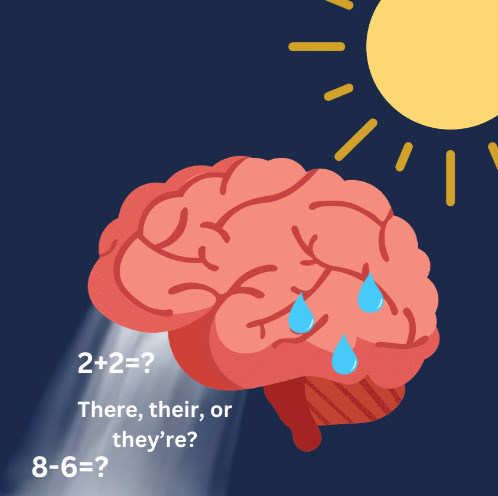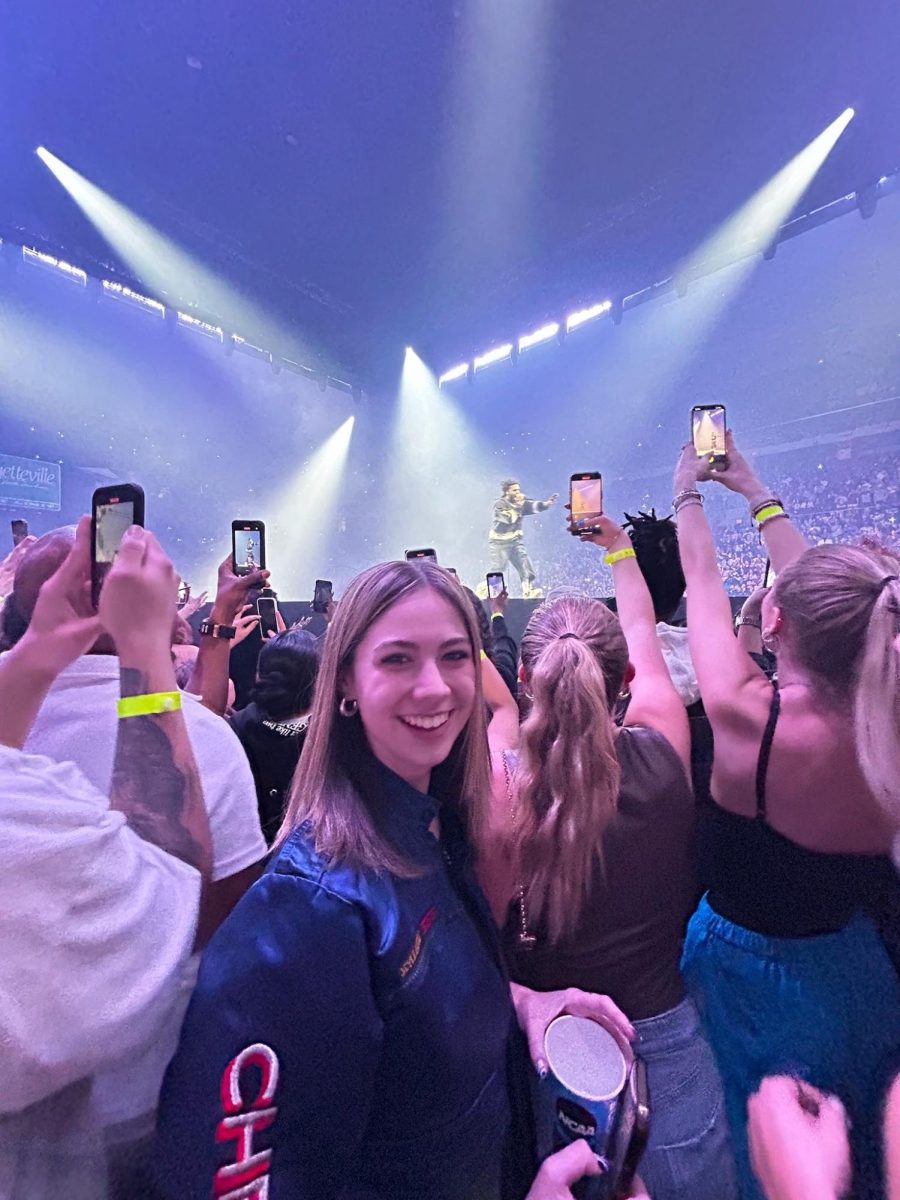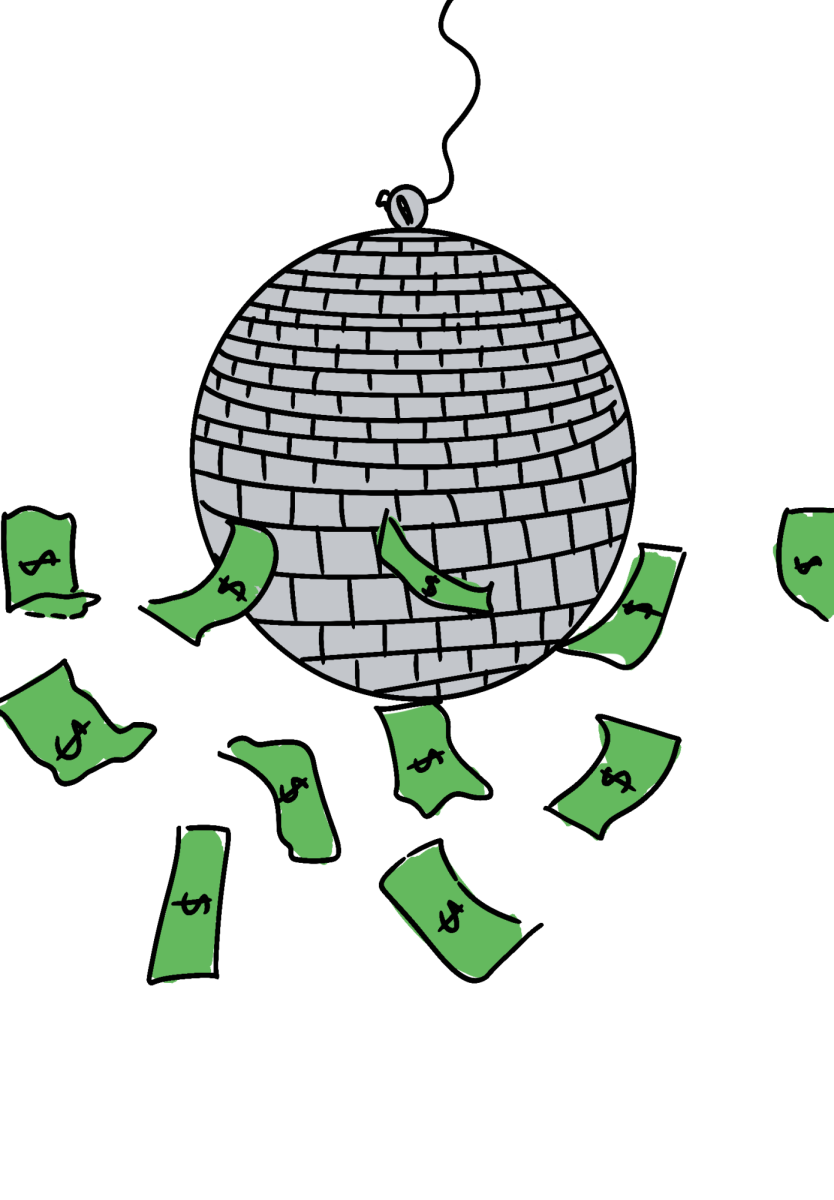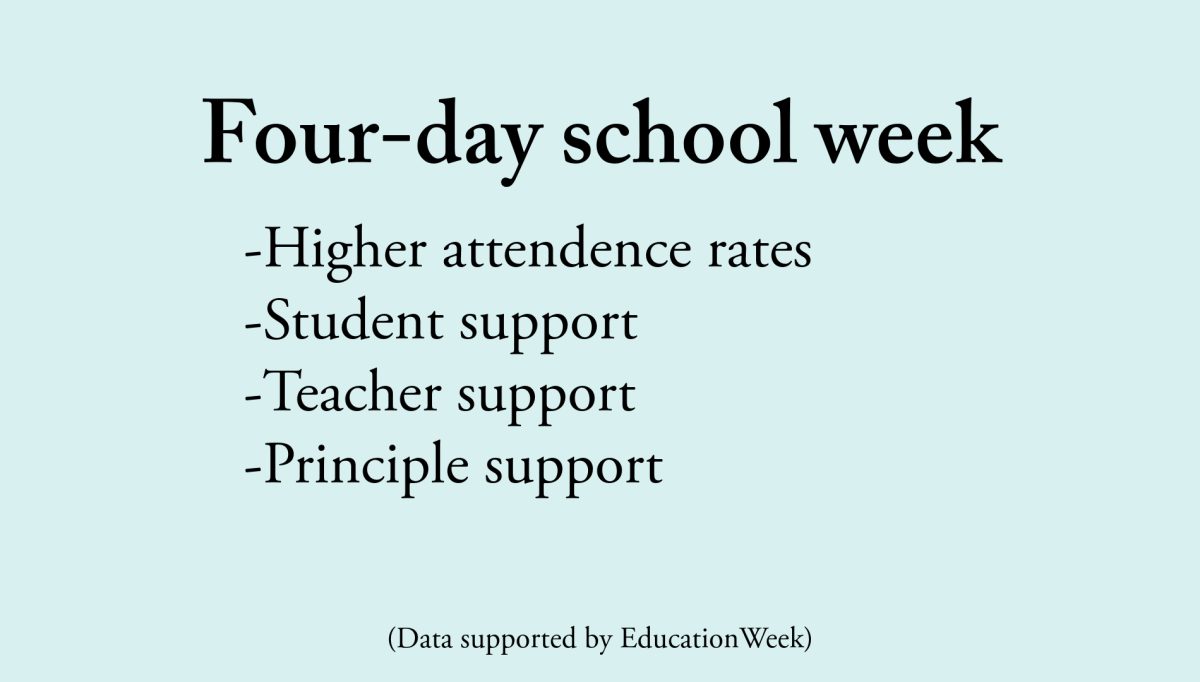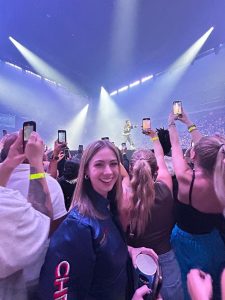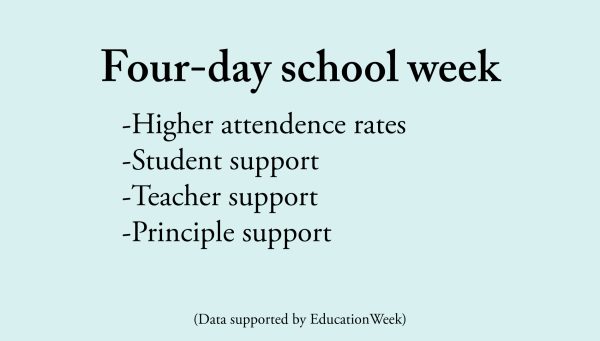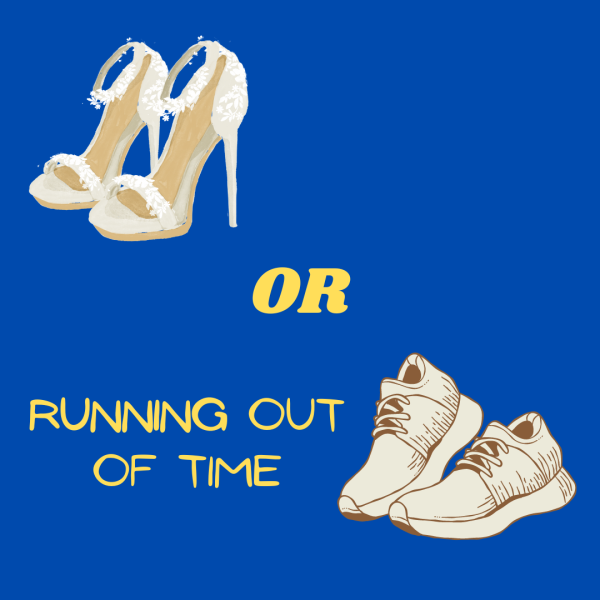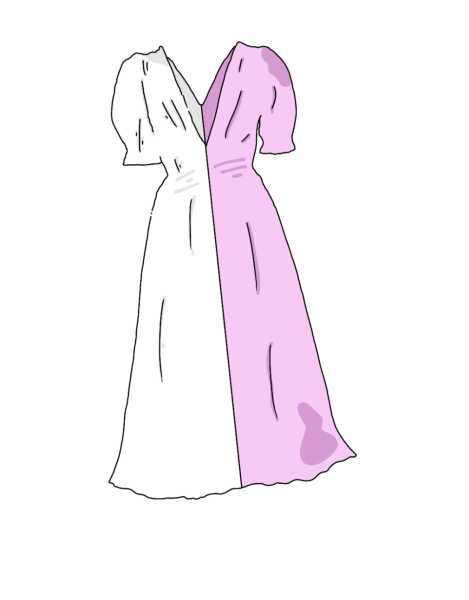Phone use before bed can be a nightmare
November 21, 2019
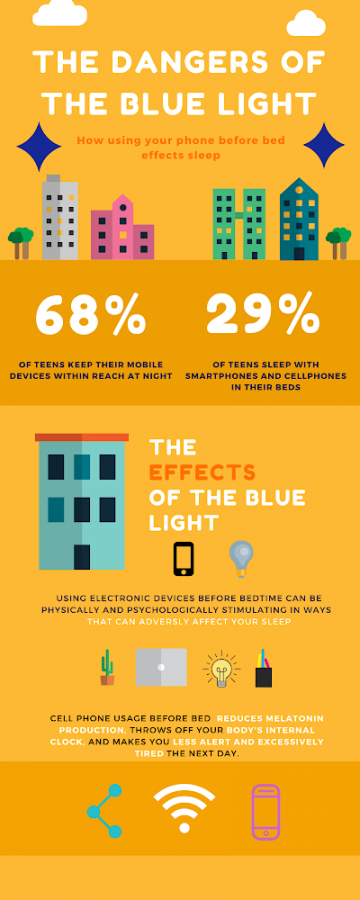
Myself, along with many others, struggle to get restful sleep. Everything seems to be a distraction; cars driving by, noises in the house, light coming from the hallway. Throughout the night, there are many factors that contribute to my awakeness. Despite the small things, the most distracting thing of all is my phone. “Going to bed” usually means laying in bed while scrolling through various apps for a couple of hours, until I get extremely tired and decide to sleep. It sounds like a perfectly harmless thing to do, until it’s 1 a.m. and I am still wide awake. This decision doesn’t become harmful until awaking the next morning, immediately regretting my procrastination. Even when it’s way past my bedtime, the urge to check my phone when a notification sounds is almost instinctive. This toxic pattern of cell phone usage around the time of going to bed is a common struggle surrounding many teens. What most people are generally unaware of is that using your phone before you go to bed is actually very detrimental to the quality of sleep you get.
People have the vague idea that using their phone before bed can affect their sleep, but this hazy awareness usually is not enough to fully change this habit. This is why being educated on the harmful effects of using phones before bed is crucial, due to something called “blue light”; a type of artificial light used in technology such as phones and other devices with screens. These blue wavelengths are beneficial during the day due to their ability to boost stimulation and reaction times, but most harmful at night because they confuse your brain and throw off the body’s biological clock.
According to a study conducted at Harvard, blue light has the ability to suppress the production of melatonin, which helps the body promote restorative sleep and protects your brain as it ages. Even very low levels of light, like a nightlight or a lamp, can decrease your production levels of melatonin. With that being said, using your phone (which has very high levels of blue light) at night is damaging not only to your sleep schedule, but also your brain.
If you’re really struggling with limiting screen time before bed, there are many steps you can take towards healthier phone usage at night. According to the Cleveland Clinic, cutting off screen time even an hour before bed and establishing a relaxing bedtime routine can drastically improve the quality of sleep one gets. While using your phone before bed may be a difficult habit to break, it is possible.












